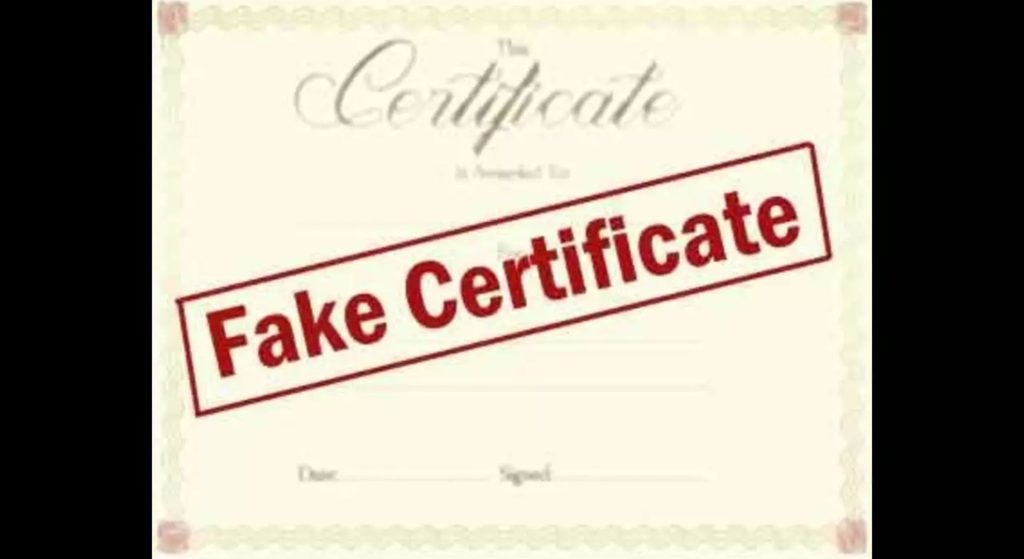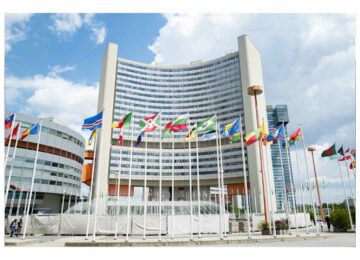A new CSE assessment has exposed loopholes being exploited by plastic polluters and has urged for stricter implementation of policies to curb malpractices.
The regulatory bodies have discovered that plastic recyclers have generated 0.7 million fake certificates. This is 38 times more than the certificate generation capacity of recyclers. The Central Pollution Control Board (CPCB) has already imposed a cumulative fine of Rs 355 crore on the violators, according to a new Centre for Science and Environment (CSE) assessment.
The CSE assessment reveals fake certificates are generated in more states, including waste-to-oil, waste-to-energy, and cement co-processing facilities. No action has been taken against these providers, CSE has alleged.
Shrotik Bose, Research Associate, Sustainable Solid Waste Management and Circular Economy Unit, CSE, and one of the authors of the assessments, said, “We have found huge differences between the quantity processed and the registered and verified capacities. For instance, end-of-life co-processing (cement plants) units claim to have collectively processed 335.4 million tons per annum (TPA) of plastic packaging waste against a capacity of a mere 11.4 million TPA!”
Siddharth G Singh, Program Manager, Sustainable Solid Waste Management and Circular Economy Unit, CSE, also reported widespread malpractice in certificate pricing, undermining the system’s credibility. “Currently, PIBOs are paying only 10 percent of the total cost of collecting and channelizing plastics to a plastic waste processor or recycler, especially for MLP packaging.”
He said, “Cities across the Indian sub-continent are struggling to deal with MLP packaging: a very small fraction of this waste goes for mechanical recycling and processing. The reclassification of MLP into the flexible plastic category takes away the pressure from PIBOs to design their plastic packaging better, keeping the end-of-life of plastics in consideration. The burden of collecting and managing problematic formats of plastic packaging thus falls on local governments.”
Policies and loopholes:
According to CSE, India is implementing policies to combat plastic waste, including the implementation of Extended Producer Responsibility (EPR) guidelines for plastic packaging, but more action is needed.
The Ministry of Environment, Forest, and Climate Change (MoEFCC) in February 2022, issued guidelines requiring manufacturers, PIBOs, and Plastic Waste Processors to register on a centralized portal. The framework outlines specific targets for plastic packaging collection, recycling, end-of-life, recycled content usage, and selective reuse.
The EPR system is facing challenges due to fraud by plastic recyclers.
The CSE has identified loopholes in its implementation and suggests corrective measures such as stopping fraudulent certificates, accurate data reporting, baseline cost studies, and product standardization.
In October 2023, the CPCB and state pollution control boards discovered a scam involving plastic waste recyclers in three states generating fake plastic certificates.
Atin Biswas, Programme Director, Sustainable Solid Waste Management and Circular Economy Unit, CSE, said, “No Manufacturers of virgin plastics feature on the portal, despite the EPR guidelines mandating registration for Manufacturers. Another concern is that key contributors to plastic waste management such as urban local bodies (ULBs) and informal waste collectors lack representation in the EPR framework. This absence deprives them of incentives and support to manage plastic waste effectively, placing an undue burden on local governments.”
The EPR portal has already registered 41,577 PIBOs, with 83% being Importers, 11% being Producers, and 6% being Brand Owners. Producers account for 65% of plastic packaging introduction in India, followed by brand owners at 26%, and importers at 9%.
The guidelines mandate registered PIBOs in the Indian market to mechanically recycle 35% of all plastic packaging introduced in the fiscal year 2024-25. PIBOs introduced 23.9 million tonnes of plastic packaging into India since the EPR portal launch, generating an annual average of 8 MT, indicating an underestimation of the CPCB’s estimate.
The MLP menace is further complicated by the fact that 66% of the flexible plastic packaging introduced into the Indian market is challenging to collect and recycle. The March 2024 amendment to the EPR guidelines under the Plastic Waste Management Rules, 2016 has reclassified multi-layered plastic packaging as flexible plastic packaging, the CSE assessment said.
Solution:
CSE researchers suggested robust interventions are needed to ensure India’s EPR framework effectively addresses plastic pollution and upholds the “polluter pays” principle. This includes holding producers, importers, and brand owners accountable for their products’ lifecycle.
Sunita Narain, Director General, CSE, said, “We must manage our plastic in a manner so that it does not become a waste. The government’s EPR guidelines are an important tool, but the operational loopholes and other concerns that have emerged from the CSE assessment can lead to questions about its integrity – we must ensure that all this effort does not end up being a “waste” of time.”
The CSE report recommended critical interventions to strengthen the EPR system for plastic packaging, with implementation scheduled for fiscal year 2027-28. It highlights the need to recognize the informal sector and WMAs, stop fraudulent certificates and operations, and use a portal for accurate plastic waste generation data. It also recommends baseline cost studies and product standardization to improve the recyclability of plastic waste.











